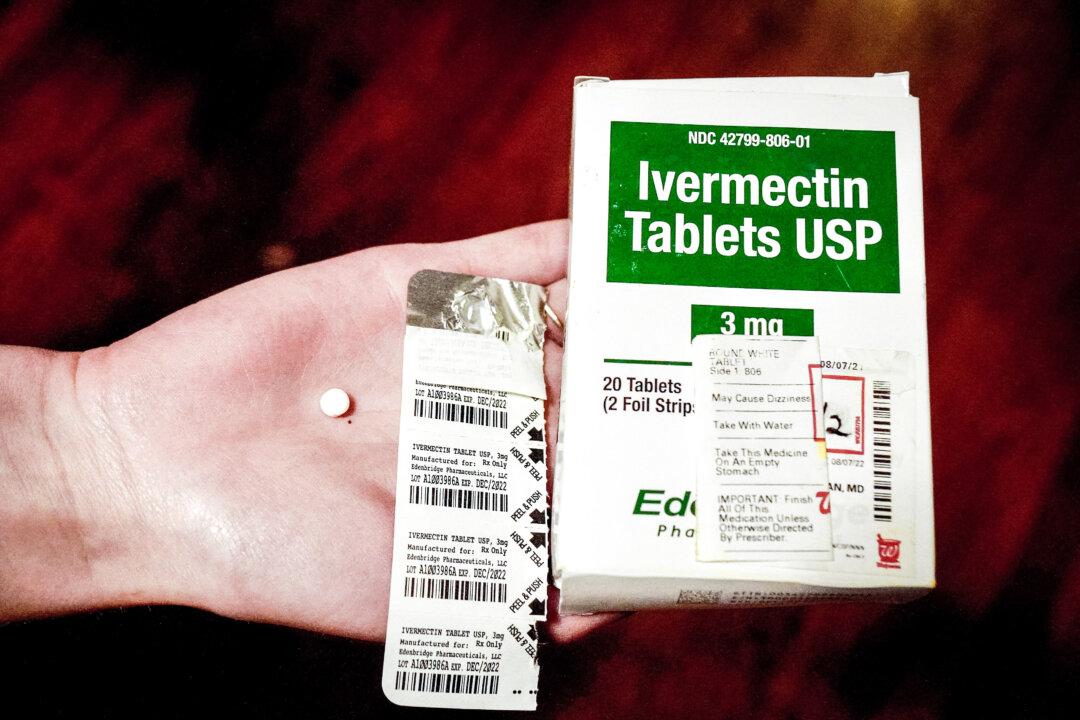A 17-year-old and her family at the center of a medical kidnapping case showcased in a documentary on Netflix received a $261 million judgment from a Florida jury—but most of all they got vindication.
“Take Care of Maya” chronicles the story of Maya Kowalski and her parents, Jack and Beata Kowalski, as they navigated Maya’s rare illness, Complex Regional Pain Syndrome (CRPS).





